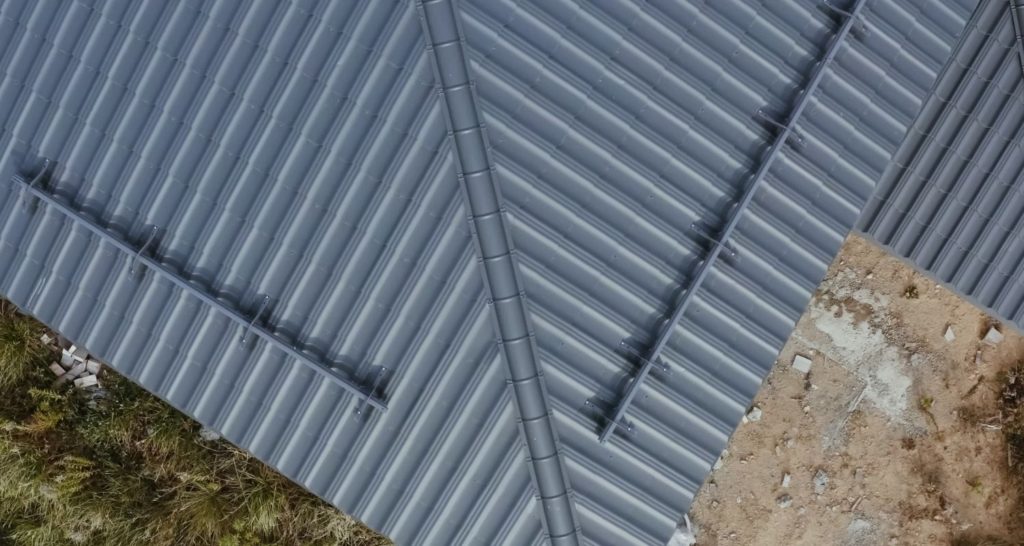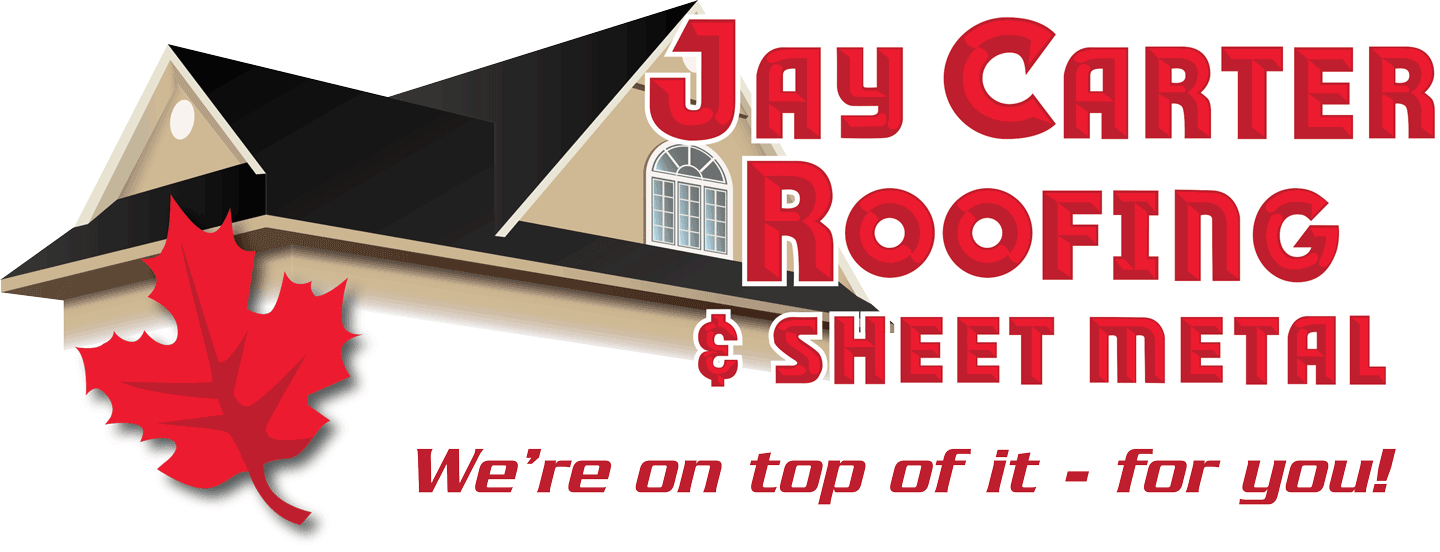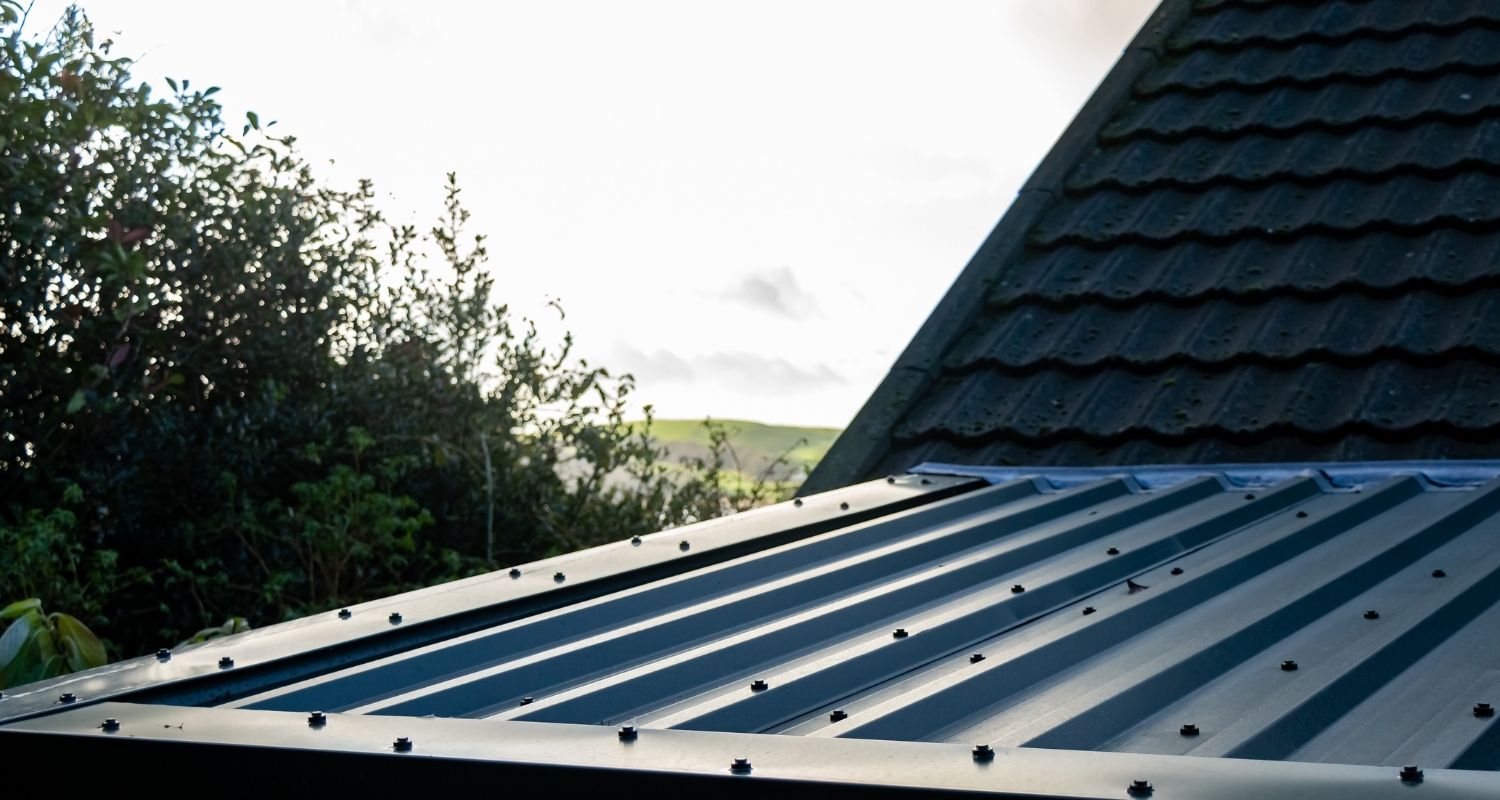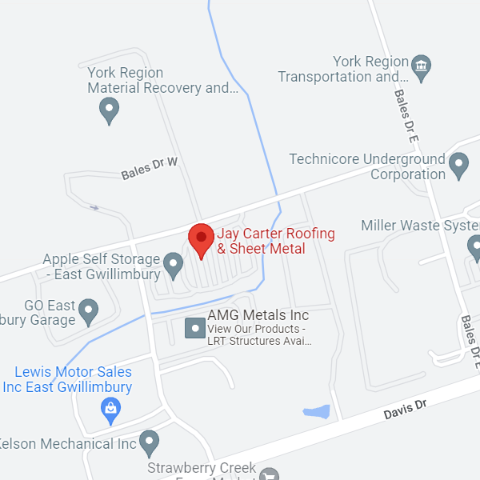Table of Contents
As we gain a greater understanding of the environmental consequences of fast industrial expansion and increased energy use, a considerable cultural movement toward sustainable behaviours has developed. This effort to mitigate long-term environmental repercussions motivates companies and people to adopt sustainability methods that preserve natural resources and protect future health and well-being.
As homeowners and building owners adopt more sustainable practices, metal roofing systems have set the standard for environmental stewardship compared to other roofing materials.
Due to their cheap cost and widespread availability, asphalt shingles are the most used roofing material. However, asphalt shingles are one of the least eco-friendly solutions when it comes to sustainability. Asphalt shingles are made from crude oil and several additives. Asphalt shingles are often not recycled after their 12-20 year lifetime and take hundreds of years to degrade in landfills. Indeed, many landfills demand exorbitant disposal costs for shingles.
While alternative roofing materials are more environmentally friendly than asphalt shingles, they come with hidden charges and increased shipping prices. Additionally, the weight of shake roofing raises transportation costs. Slate is another eco-friendly roofing material; however, its weight raises transportation costs and may need structural upgrades and inspection before roof installation.
Unlike other roofing materials, metal roofing is completely eco-friendly. Metal panels are lightweight – in fact, they weigh less than half as much as asphalt shingles – which makes them readily transportable. Metal roofing panels’ decreased weight may make the building structure lighter and useless material. Metal panels may often be put over existing roofs to avoid removing and disposal of old roofing materials. Additionally, metal roofs are the most eco-friendly roofing solution for various reasons:
Recyclability
Metal roofing systems are constructed using a high proportion of recyclable materials and may be recycled completely at the end of their long life cycle.
As a result, metal roof materials are seldom disposed of in landfills. Metal roofing is an interesting alternative for individuals wishing to include ecologically friendly materials into their construction projects owing to its recyclability.
Longevity
Metal roofing will outlast a standard asphalt roof by two to three times. A metal roof’s service life might be as long as 60 years or more. Asphalt shingles have a lifetime of between 12 and 20 years. Additionally, as an asphalt roof ages, it may need periodic repairs and shingle replacements.
Many homeowners will buy just one roof in their lifetime: a metal roof. Additionally, depending on your local housing market, the lifetime of a metal roof might increase your home’s resale value.
Efficiency
Metal roofing systems provide a plethora of environmental advantages. To begin, metal roofs are emissive, which means they naturally reflect sunlight and retain less heat energy than other roofing materials. Asphalt shingles and other roofing materials lose between 20% to 40% of their reflectivity over time, but metal roofs maintain approximately 95% of their reflecting ability. Reduced energy consumption for heating and cooling a house is a substantial long-term advantage for homeowners.
Additionally, homeowners who choose metal roofing may qualify for a federal tax credit if the roof complies with Energy Star standards. Suppose you want to increase your home’s green credentials further, metal.
Durability
Metal roofing systems are impervious to shrinkage, erosive erosion, and cracking. Their endurance implies that they need fewer repairs and replacements than other roofing materials. Metal roofing needs little care, and with a short annual check, a metal roof may be maintained in good condition. Metal roofs are more resistant to hail, wind, fire, and storms.
For years, metal roofing systems have been a popular option due to their attractiveness, low weight, and durability. As homeowners and builders focus on sustainable materials, metal roofing systems will continue to lead the way as an environmentally beneficial option.



